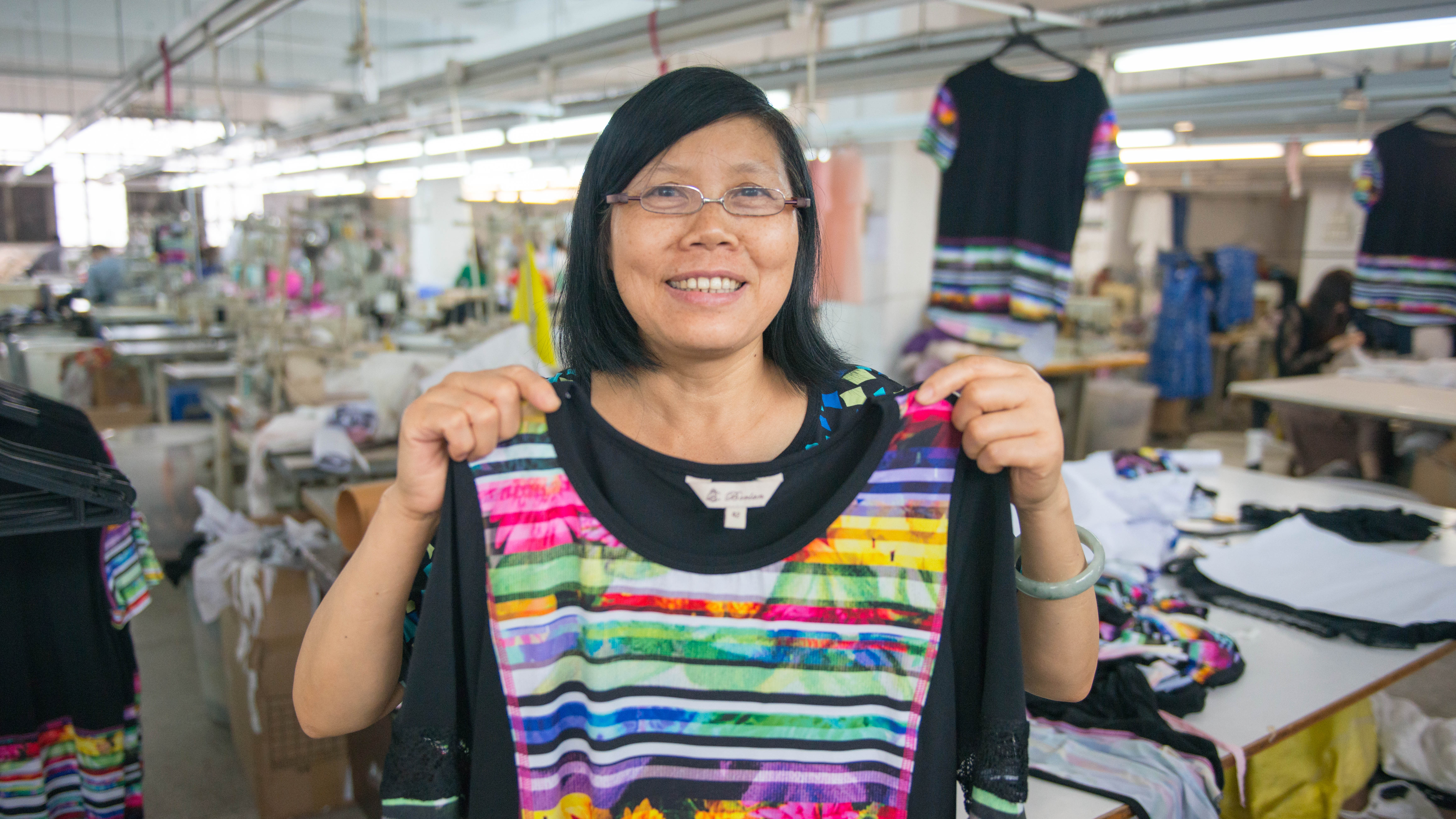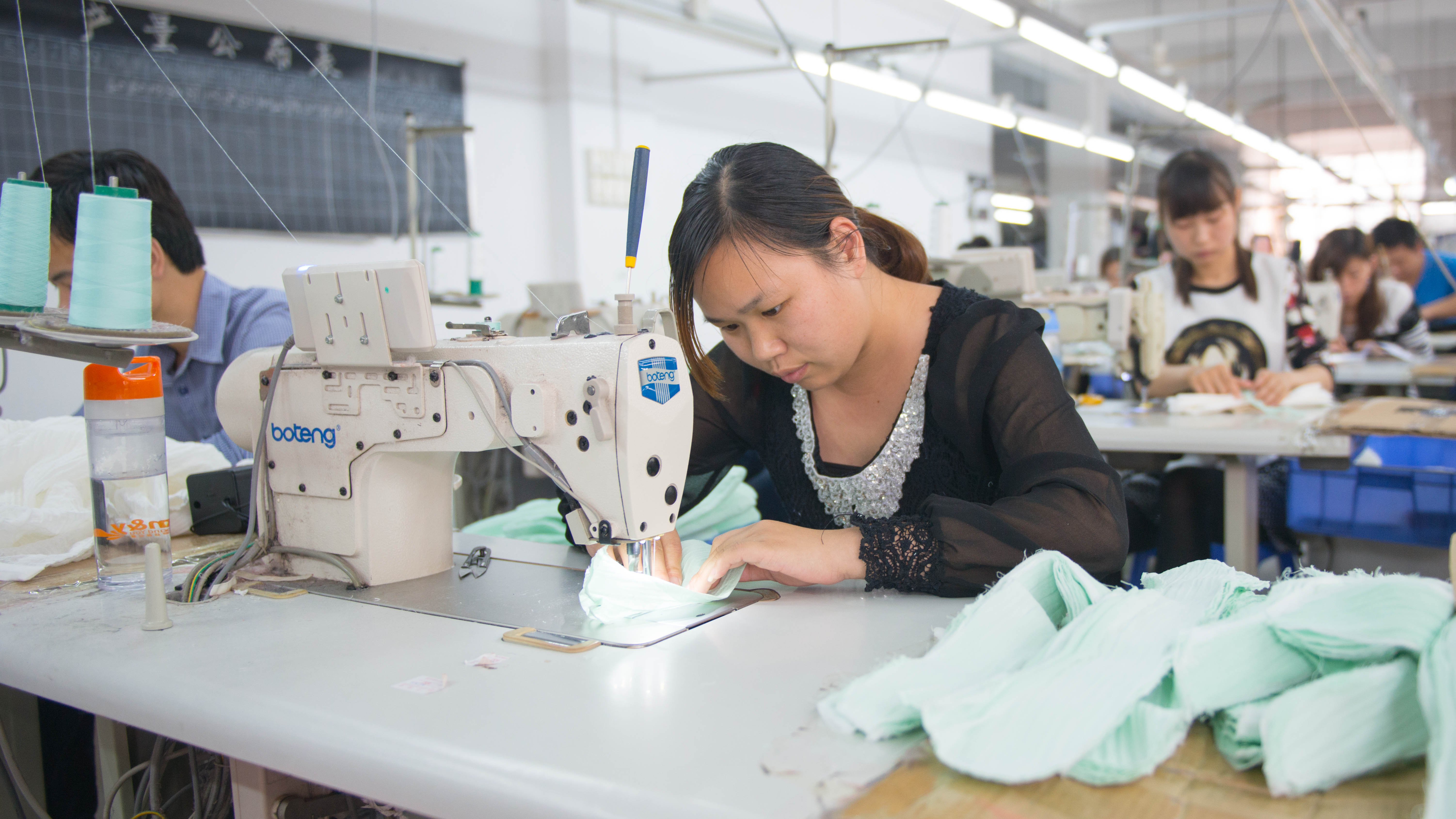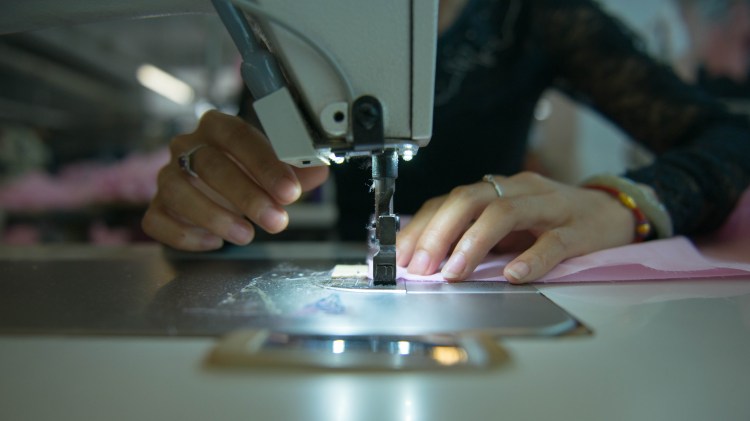For years, fashion and apparel brands have received criticism from the public for using sweatshops to produce their products. Maderight recognized the plight these brands face and has set out to be a platform that will “democratize ethical manufacturing” while also making manufacturing easier. It aims to be the “Stripe for the fashion supply chain.”
In the beginning, Maderight manually managed the production process for its more than 100 brand customers. Cofounder Kevin Chan told VentureBeat that his team “had to constantly email and call our clients to give them updates or ask for documents and feedback. There was no one centralized place for communication and file exchange, so there were often misunderstandings.” To increase its own efficiency, Maderight built an online marketplace that lets brands self-manage their entire production process.

With this dashboard, companies can manage not only design submissions, iterations, sample photos and iterations, but also quality control reports, optimization suggestions, quoting, invoicing, shipment tracking, and timing. It will allow those responsible to efficiently oversee production from creation to development to delivery. Features include the ability to deal with quotes, track the status of each phase, messaging, file storing and versioning control, task management, and payment processing.
“The manufacturing industry is as old-school as it gets. Most factories try to do business either in person or over the phone because there is no record of what is said and thus they are not accountable when things go wrong. We’re changing this by bringing everything into an online platform, where everything is logged,” Chan stated.
Maderight also provides reporting analytics so companies can track the number of days and how much was spent in each phase of the process. And afterwards, a detailed analysis will be compiled to help brands better understand how they can reduce the time and cost for their next production run.
The idea behind this Y Combinator-backed company came out of a brand Chan started with Kent Mori and Shuo Yang. “While running that brand, we had several other brands ask us to manage their manufacturing for them after they had missed deadlines and quality issues,” Chan explained. The team brought on board Jason Tsai, founder of line sheet SaaS company Brandboom, and Maderight was born.
“With the rise of crowdfunding, it is easier than ever for anyone to start their own brand,” Chan said. “The problem with most of these campaigns is that they are not able to deliver because of supply chain issues. You often see delivery estimates being missed by 6 to 18 months. We’re here to change that. We’re making manufacturing accessible for the masses.”

Although the process management capability certainly isn’t new, one advantage the company has is its pursuit of ethical manufacturing. Maderight has a no-sweatshop policy, meaning that the facilities it deals with are air conditioned and well lit. Workers are provided fair wages and factories employ adults — no child labor is used. Every partner the company works with has an open-door policy that allows Chan’s team to drop in at any time. Maderight encourages its customers to visit the factories themselves, as well.
Currently none of Maderight’s manufacturing partners are in the U.S. It’s continually trialing new partners but says that in the U.S., it has “encountered the least transparency and the highest production inconsistencies” from factories.
Maderight takes about 10 percent in commission from each project. It has raised a seed round but declined to disclose the amount.


